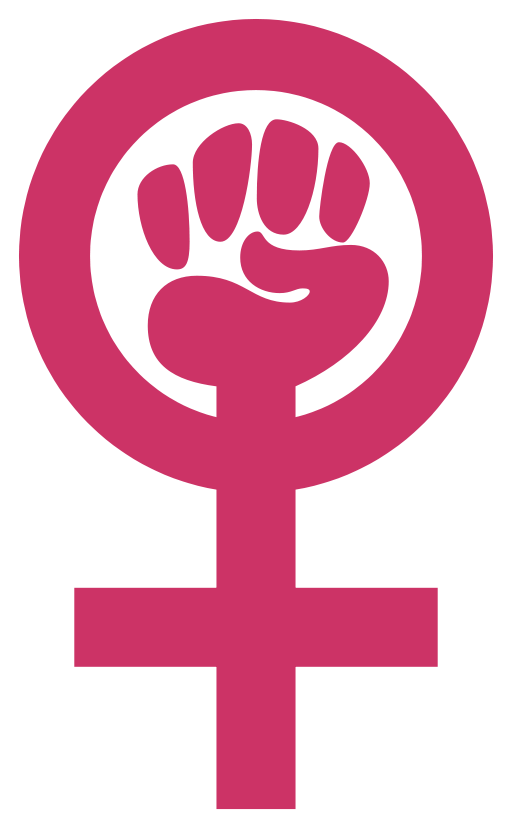FINDING THE TRUE MEANING OF THE OFTEN MISUNDERSTOOD BUZZWORD—
Feminism is a sensitive subject. It is also a prevalent and relevant subject that has received an increase in media attention over the past few years. More and more Americans of both sexes are identifying as feminists, yet it seems that there is still far too often a negative connotation towards the word and those who associate with it.
A recent conversation ended with the other person saying, “Oh god, don’t tell me you’re one of those feminists…” Instantly, my cheeks flushed, and I was flustered. I responded with a meek, “Well, yeah, I am”, yet I felt a twinge of shame following my confession. Looking back on the conversation, I am not ashamed because I claimed to be a feminist, I am ashamed because I was embarrassed to admit it, as if being a feminist is a terrible, awful, no good, thing.
Unfortunately, I’ve found myself in several conversations, with both men and women where the topic of feminism has arisen. In such situations I defend my stance and the cause. While some people support me, there have been others who have ridiculed me. The responses have ranged from the extreme to the absurd to genuine wonderment. “So you hate men, right?” “So if you’re a feminist, why do you wear a bra? Shouldn’t you be burning it right about now?” “Why are you a feminist?” My answers are as follows, “Absolutely not”, “You’ve got to be kidding me”, and “Because I believe it is an issue of rights and equality for all humans.”
I’ve realized that the problem is not that I am a feminist; the problem is the misconception of the word and its implications for both sexes. Feminism, by definition is the theory of the political, economic and social equality of the sexes. The key phrase that it seems most people miss is “equality of the sexes.” Feminism is not about women conquering and doing away with men. Feminism is not about women taking over the world. Feminism is, quite simply, about equality.
Since the American Feminist Movement of the 1960s and 1970s, feminism has often carried a negative connotation. The word itself has held so many different meanings that feminism has more often than not fallen victim to misuse and misinterpretation. Though feminism and the feminist movement made a surge in the media in 2014
with celebrities such as Emma Watson, Joseph Gordon Levitt, and Lena Dunham strongly identifying and campaigning for the cause, a TIME magazine reader poll included feminist in a list of words that should be banned for 2015. (The list also included beloved words such as bae and turnt). It is clear that though the presence of the word in the media has soared, and successes along the feminist front have occurred, there is still a wide misunderstanding of the term.
As Women’s History Month approaches what better time than now to reevaluate your understanding of feminism. If you identify as a feminist, understand what you are identifying with. If you identify as anti-feminist, understand what you are identifying against. Feminism and various forms of the term have become buzzwords because they are used so often and in so many different contexts. They tend to lose their true meaning. As the modern feminist movement grows, advances in women’s rights occur and strides in equality are made, understand that at its very core feminism fights for the need for equality of the sexes.
—Sara Frances Koontz





























